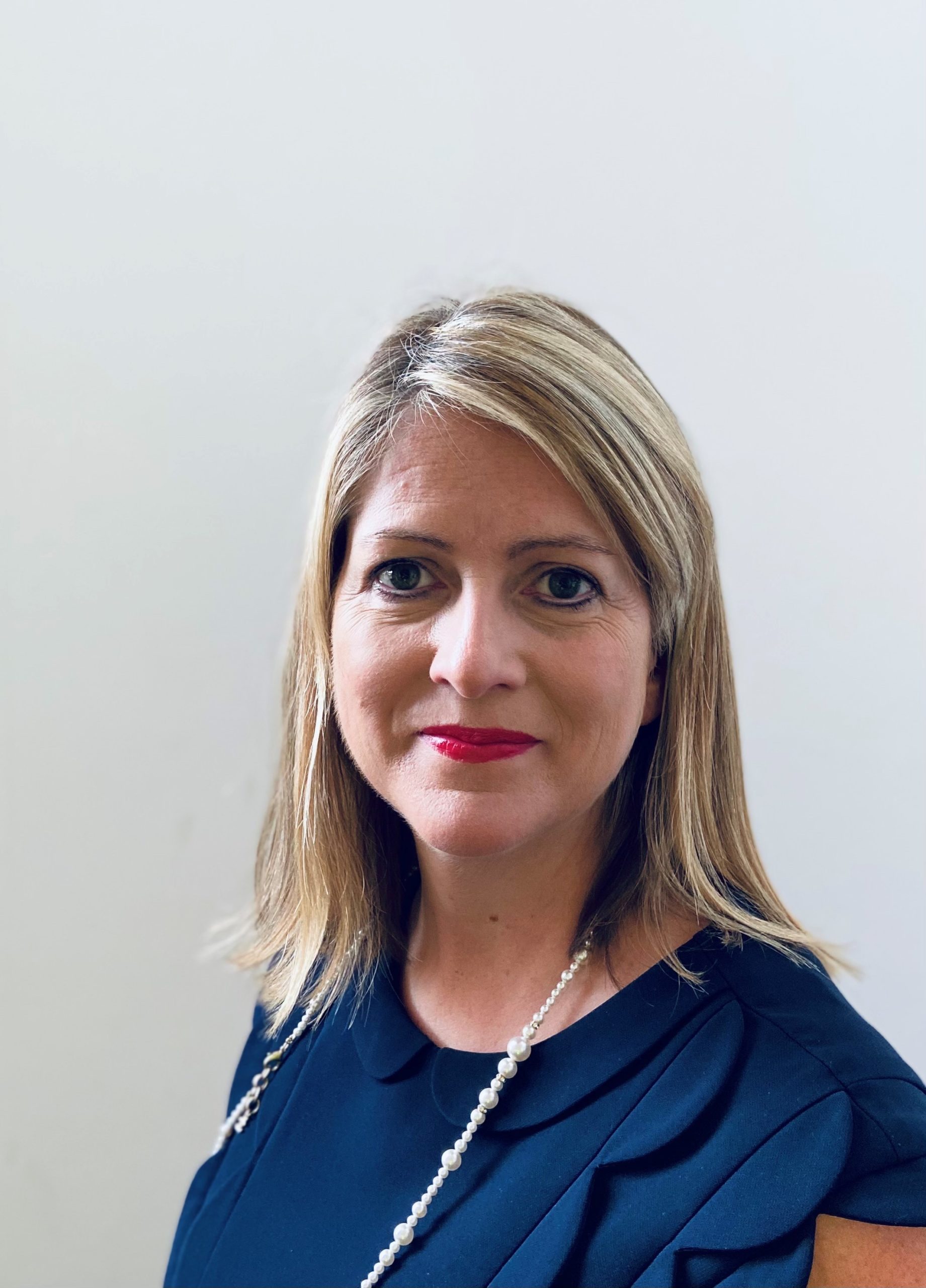
Zoe Sheehan
Head of Private Capital Fund Sales – EMEA
On the heels of Covid-19’s global reset, technology is reshaping the private fund industry. Market forces are pushing private market funds towards automation.
Covid-19 has left us all heavily reliant on technology in these rapidly changing times. The ability to work from home, communicate with investments – and also investors – has meant the difference between success and failure for many in the private market funds industry.
In our major report on the future of fund technology, Intertrust Group revealed that nearly seven in 10 private market fund CEOs believe increased automation and new tech will be vital to gaining a competitive edge over the next five years. But still, some are reluctant to invest in new technologies.
At our recent LinkedIn Live event, our expert panel discussed the reasons for this reticence among some, and explored the key things private market funds need to know about new technology and automation.
Covid-19: a tipping point for private market fund technology
Covid-19 has certainly sped up the adoption and advancements of technology in the fund sector. Gwyn Roberts, Chief Strategy Officer, Global Fund Media, said: “Covid-19 has accelerated the use of technology and also helped some fund managers to make a break from the past.”
It is usually very difficult for fund managers to disentangle themselves from legacy products. But the changes brought about by the pandemic – in particular with employees working from home – have given many the confidence to try new options. It has been very clear that technology can assist with these changes and that has accelerated much of the necessary change.
Different views between private market funds in US and Europe
But there is a contrast between the US and Europe, with private capital fund managers in the latter more cautious than their counterparts in the US. Our report found that 53% of fund managers in Europe will not try new fund management technology without positive experience feedback from a trusted source. By contrast, US managers with over $1bn in assets under management (AUM) see themselves as technology pioneers. One US manager even told us they wanted to be a disruptor.
Yet as the market evolves in Europe, fund managers will start looking for higher yields and more complex strategies to grow their AUM. We have already spotted this trend among the heads of business solutions and transformation we talk to. They are spearheading transformational and technology-focused projects to drive the profitability of their funds.
Giles Travers, Managing Director at Lionpoint Group, said: “In any fund manager’s life there is a tipping point where they need to really rethink the operating model. With Covid-19, that tipping point has come earlier.”
It certainly seems that many private market funds do want to embrace the opportunities of new technologies, but that they have been concerned about possible impact on their businesses. The pandemic “tipping point” means we are likely to see an acceleration in take up and in the range of solutions available.
Tech culture shift for private market funds
There is also a big cultural shift playing out within the fund sector, as new tech-savvy fund managers come on board and drive change. And as their funds grow bigger, they look to outsource the best technology, rather than keep it in-house, so they can focus on managing their investments.
In the last 18 to 24 months, technology budgets in the fund industry have grown. CFOs are moving to digitalise as much of their operations as possible as investors drive demand for complex, sophisticated data from their General Partners (GPs), especially ESG data.
Data is a big challenge for private market funds, with many having unstructured and complex data systems and hierarchies. Many funds are now having to try and retrofit the data models and governance they need to scale with growth.
As a result, the relationship between funds and service providers like Intertrust Group has also evolved. We act as a strategic partner for funds and build relationships, developing trust and opening lines of communication. It’s a two-way conversation rather than a matter of us saying what is needed. This is particularly important if the funds need to upgrade legacy technology and so require bespoke solutions to meet increasingly complex regulations.
We are constantly thinking of new ways to improve processes, automate and reduce operational risks for private market funds. If you can automate most processes, there’s less need for hand-holding, which means reduced overheads. You have to constantly evolve if you want to be in the private market funds game.
Why Intertrust Group?
- As a strategic partner, we offer bespoke services tailored to meet all back-office needs throughout the lifecycle of a private capital fund.
- Our proprietary innovative technologies combine global knowledge and experience to cater for all asset classes, against a background of ever-increasing reporting demands.
- Our experts harness tools and cutting-edge technologies to eliminate costly errors when handling fund administration and corporate actions, investor relations and portfolio management.
- We help funds to navigate the increasingly complex regulatory environment with solutions tailored by jurisdiction and specific compliance requirements.